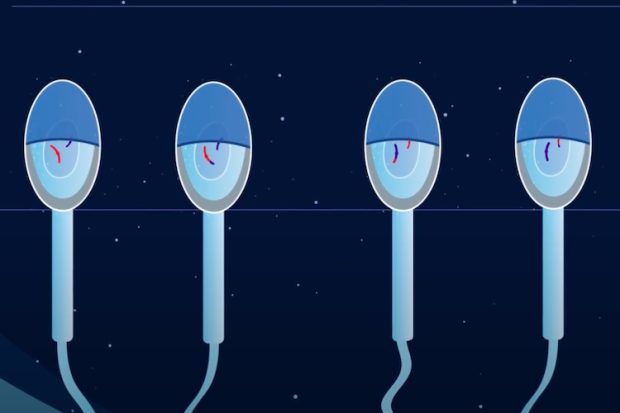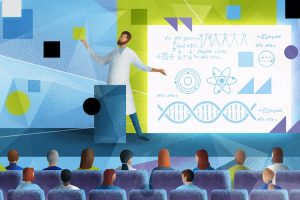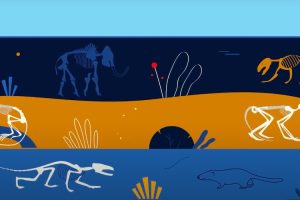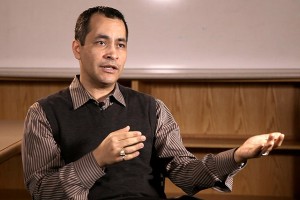How to Determine One’s Ancestry Using DNA Te...
Geneticist George Busby on mutations, African and European genomes, and genetic markers

In July Genetics published an article called ‘Transgenerational Effects of Early Life Starvation on Growth, Reproduction and Stress Resistance in Caenorhabditis elegans’ about inheritance of acquired traits. We asked one of the authors, Prof. Ryan Baugh from Duke University, to comment on this study.
Animals must cope with fluctuations in their food supply. Life in the wild is feast or famine for the roundworm C. elegans, and its evolutionary success depends on being able to survive periods of starvation. We wanted to know what the long-term consequences of starvation are for this worm, including effects later in life as well as inherited effects in their immediate descendants. We exposed them to starvation for one week as young larvae, just after hatching. The normal lifespan of these worms is only a few weeks, so this is a relatively long time for them to be starved. We found that they grow slow, are smaller and produce fewer eggs after one week of starvation. These “fitness costs” could reflect an alternative strategy in life, as if resources were allocated away from growth and reproduction towards stress resistance in anticipation of adversity. However, we found that previously starved worms are actually less resistant to starvation later in life, arguing against a “fitness trade-off”. Nonetheless, we did find that their immediate descendants are more resistant to starvation and heat stress. These transgenerational effects persist for up to three generations, suggesting inheritance of acquired traits through the germline.

A large body of work over the last several years has revealed a variety of epigenetic mechanisms that could possibly support inheritance of acquired traits. The key idea is that the properties of an animal could be influenced without the DNA sequence being changed. Such epigenetic mechanisms include chemical modification of the histone proteins that package DNA and non-coding RNAs that regulate gene expression, among others. The possibility of the environment influencing organismal properties across generations is very exciting. For decades this possibility was considered heresy. But if it does happen then the implications for evolution, human health and disease, and the nature vs. nurture debate are tremendous. Relatively recent work with humans suggests lasting effects of diet on disease risk, including transgenerational effects. These observations synergized with the increasing appreciation of epigenetic mechanisms in model systems to motivate us to undertake this study.
Our work demonstrates that starvation can have transgenerational effects on ecologically-relevant properties of the worm, such as resistance to starvation and heat stress. But we have not identified the molecular mechanisms that are responsible for these epigenetic effects. We do not know how the information is transmitted through the germline. In particular, we do not know the physical nature of the molecule(s) responsible. It is a good bet that small regulatory RNAs and histone modifications are involved, though this need not be the case. If it is, it is unclear if one or the other is more important, or if other kinds of molecules are also important. It is also unclear how this information is generated. Are molecules produced in the body of the starved animal and somehow moved to the germ cells to affect inheritance? Or do the germ cells respond directly to starvation themselves? We also do not know how the information inherited in the germline affects the properties of the descendants. There must be stable changes in gene expression, but it is unclear which genes are affected, where in the animal they are active and how they influence its physiology. It will take a few years to answer these questions, but we are highly motivated given the profound implications of the answers.

Geneticist George Busby on mutations, African and European genomes, and genetic markers

Research team discovered that 35 million years ago the ancestors of hippos were among the first large mammals ...

Biologist Ali Khademhosseini on tissue engineering, drug testing, and nanomedicines for cancer